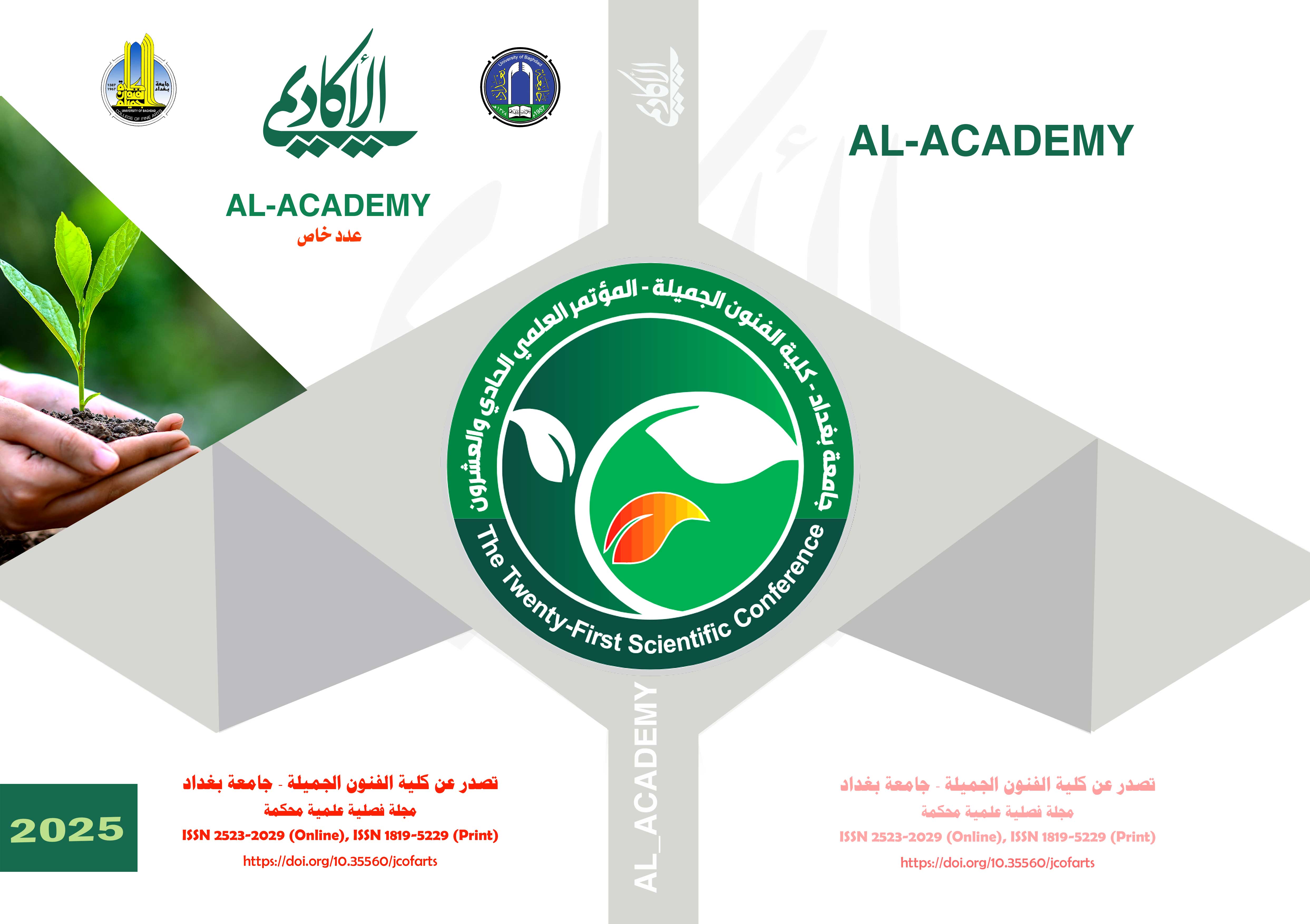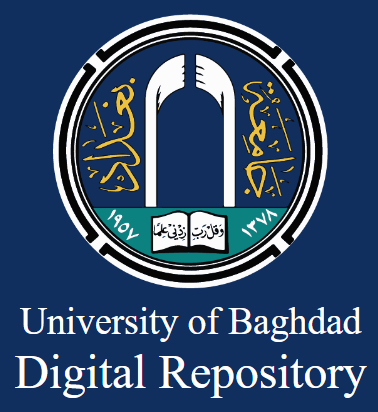Sustainability And Environmental Awareness of Artistic Creativity in School Theatre
DOI:
https://doi.org/10.35560/jcofarts1634Keywords:
sustainability, awareness, creativity, art, environment, school theatreAbstract
The art of theatre is one of the most important educational and pedagogical means that contribute to the process of instilling and developing the mental, social, environmental, and aesthetic aspects of the recipient. (School theatre) contributes to embodying the issues of environmental and cultural awareness and enhancing artistic and creative awareness among (students) and in enhancing correct ideas in cooperation with the environment in which the student lives. It is possible by integrating environmental art into theatrical works as an educational tool in a fun and influential way for school theatre activities through which (students) can learn the importance of environmental protection principles that support sustainability and enhance environmental awareness and preservation. Here, the researcher identified the research problem in (sustainability and environmental awareness of artistic creativity in school theatre).
In the first chapter (methodological framework), the researcher mentioned the objectives of the research and the importance of school theatre in raising students' environmental awareness through analysing a theatrical performance that facilitates the instillation of educational, educational, aesthetic and environmental values to the recipient (student) in the research sample, in addition to defining the terms, while the second chapter (the theoretical framework) included two topics: the first: (manifestations of school theatre and creative art) and the second topic: (aesthetics of sustainability and environmental awareness of creative theatrical art) reaching the indicators. The third chapter (research procedures) and its community were devoted to studying sustainability and environmental artistic awareness in analysing the sample according to the descriptive analytical method, on employing human experience as a reality that translates ideals to form the play as an integrated model that reflects the diversity of dramatic treatments in school theatre within the results reached by the researcher in the fourth chapter, and the research concluded with a set of recommendations and suggestions, a list of sources and references, and appendices, in addition to translating the summary into English.














